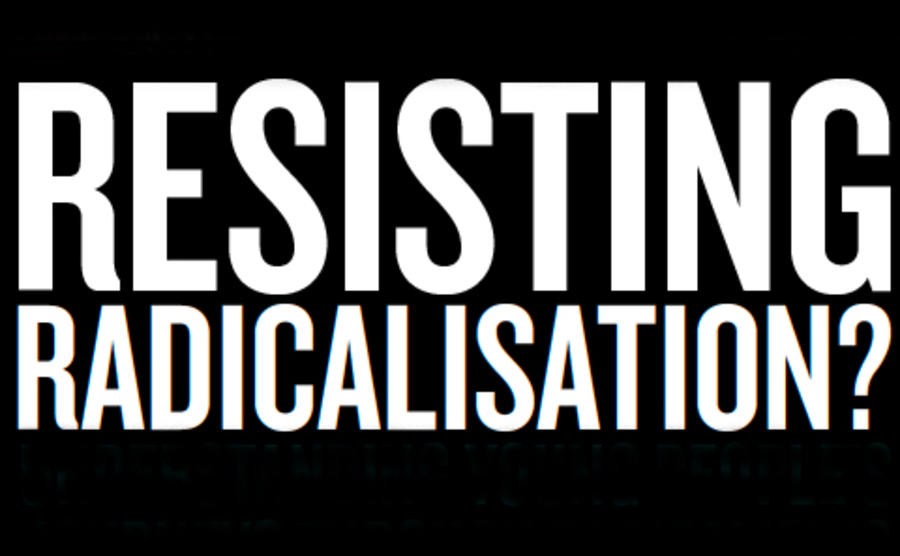Type d'événement, date(s) et adresse(s)
Journée(s) d'étudeResisting radicalisation?
Workshop du projet H2020 DARE (Dialogue about Radicalisation and Equality)

This one-day international workshop brings together academics, civil society organisations, and policy makers to interrogate the concept of ‘radicalisation’: its use to date, its limitations and its continued relevance. Building on the findings of the EU Horizon 2020 DARE (Dialogue about Radicalisation and Equality) project, the event invites researchers, policy makers and civil society actors in the field to reflect on their experience of producing, disseminating and using knowledge on radicalisation. The workshop is designed as a safe forum for open and dynamic exchange of views. It will consist of four roundtables during which participants will speak briefly to different questions.
Programme
9:00 - Arrival
9:15 - Introduction: Hilary Pilkington
9:30 – 11:00
Roundtable One: The concept of ‘radicalisation’: fit for purpose or time to move on?
This session interrogates the use of the concept of radicalisation in research, policymaking and counter-extremism practice.
- How do you use the concept of radicalisation? Or why do you resist its use?
- To what extent does the concept remain useful in the current situation?
- What are advantages, risks or harms of using this concept?
Chair: Ajmal Hussain
⇒ Hilary Pilkington
⇒ Claire de Galembert
⇒ Stefan Malthaner
Coffee break: 11:00 – 11:30
11:30 – 13:00
Roundtable Two: What remains ‘to know’ about radicalisation?
This session reviews the scope, quality and direction of our knowledge about radicalisation.
- What research have you found most inspiring or useful in your own work?
- What are the blind spots? Where should our future emphasis be placed?
- Are criticisms of radicalisation research as ‘stagnant’ justified?
Chair: Alexandros Sakellariou
⇒ Kevin MacDonald
⇒ Mark Dechesne
⇒ Emmanuelle Bertout
Lunch: 13:00 – 14:00
14:00 – 15:15
Roundtable Three: What is the role of respondents in understanding radicalisation?
This session considers what role respondents (including ‘extremist’ actors to whom researchers talk) have in the production of knowledge on radicalisation.
- What is the place of the emic (‘insider’) perspective in empirical research on radicalisation?
- What characterises the relationships between researchers and respondents?
- To what extent can respondents be involved in counter-extremism interventions?
Chair: Alexandra Poli
⇒ Benjamin Kerst
⇒ Ariel Planeix
⇒ Marie Kortam
Coffee break: 15:15 – 15:45
15:45 – 17:15
Roundtable Four: How do research, public policy and practice on countering radicalisation shape one another?
This session explores the relationship between academic research, public institutions and civil society organisations working in the (counter) radicalisation field.
- How do we use our findings to inform policy? How successful are we in that?
- How do the needs of policymakers impact on research and researchers?
- What is the impact of research on institutions, policy-making and counter-extremism practice?
Chair: Mourad Besbes
⇒ Julien Loty
⇒ Maya Zabokrzycka
⇒ Shashi Jayakumar
Final round up: 17:15 – 17:30